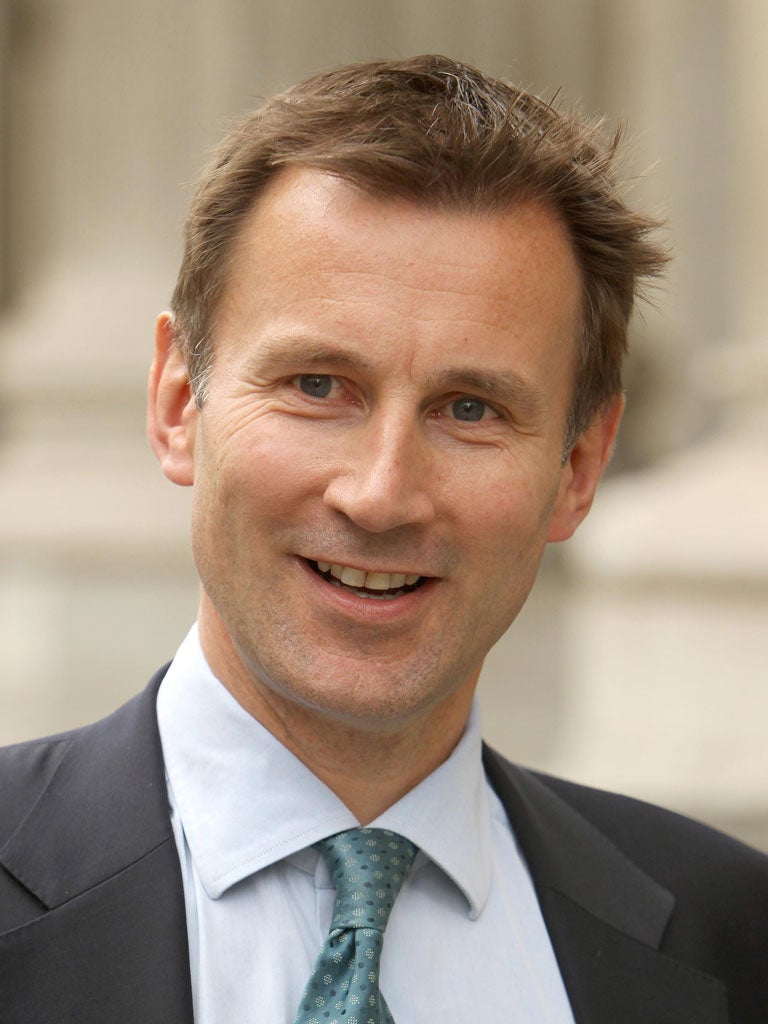Thousands of adults hang up their boots
Number of Britons participating in major sports has declined dramatically since 2009

The number of adults turning out at weekends to play one of the major sports has suffered a significant decline in the past three years.
Figures seen by The Independent show that 19 of the most popular sports have registered a drop in the number of adults who participate once a week. Only four have registered a significant increase.
Those on the decline include swimming – still the most popular sport despite a 435,000 drop in the number participating – football, golf, badminton, tennis, equestrianism and bowls. All of these were in the top 10 in terms of participation three years ago.
The four sports to buck the trend with increased participation are athletics (partly due to an increase in jogging), boxing (now considered a fashionable sport at school level because it can keep pupils out of trouble), mountaineering and table tennis.
It is the overall slide in take-up that is worrying leaders of the major sports and they are trying to capitalise on the spirit of Olympics to reverse the trend.
"The thing that people have always talked about being the missing piece of the jigsaw is how you address the drop-off rate – the fact that a third fewer people play sport after their 16th birthday," said Jeremy Hunt, the Secretary for Culture, Media and Sport.
Sport England has launched a £1bn initiative which targets 14- to 16-year-olds by encouraging schools to host local sports clubs. The Government hopes the children will maintain their links with the clubs after they leave school.
The scheme has helped to offset the potential damage to school sport caused by a decision by the Coalition to axe £162m of ring-fenced funding.
But Jennie Price, chief executive of Sport England, conceded: "Changing the sporting behaviour of a generation is a major challenge which has not been achieved by any other Olympic host nation." An earlier target set by the Labour government of getting a million more adults to engage in serious sport as a result of the Olympics has been abandoned.
The £1bn initiative is also only directed at secondary schools, leading to fears that primary schools are being neglected. Eileen Marchant, chair of the Association for Physical Education, said too few primary school teachers are being given sufficient training to deliver the PE curriculum properly.
"You need to be able to teach things like running and jumping with confidence to enthuse children – and they don't have time set aside in training to do that," she said. "There's not a problem in secondary schools because you have specialist teachers there, but the main starting point for delivering quality PE is confident delivery."
The number of people who participate in sport three times a week has risen by 111,800 on three years ago – but has declined by 11,000 over the past year.
Subscribe to Independent Premium to bookmark this article
Want to bookmark your favourite articles and stories to read or reference later? Start your Independent Premium subscription today.

Join our commenting forum
Join thought-provoking conversations, follow other Independent readers and see their replies